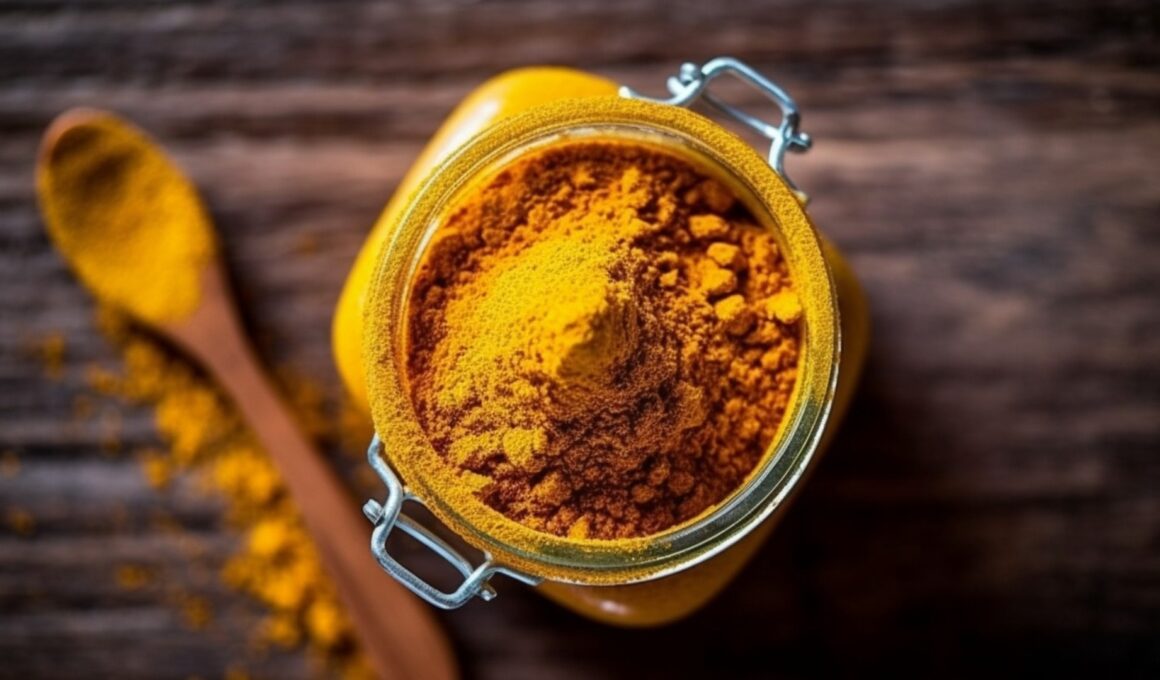Turmeric is often hailed as one of the most beneficial nutritional supplements on the market. And seeing a turmeric’s main active ingredient is curcumin, it stands to reason that this might be pretty good for us too. But what’s all the fuss about and is it justified?
What Is Curcumin?
Turmeric is a spice that is most known for its role in curry. In fact, it’s what gives curry its yellow color and in addition to this, it has also been popular in India for thousands of years as a medicinal herb. More recently, many of the health claims surrounding this ingredient have been verified by scientists and it appears that the curcuminoids such as curcumin are largely responsible.
There are many studies that demonstrate the potential health benefits of curcumin but most of these are looking at curcumin extract. Turmeric actually only contains a very small amount of curcumin – around 3% – and very little of that is absorbed into the bloodstream.
Taking curcumin supplements is a better way to get these benefits then and especially when you combine that with peppercorns and/or a source of fat. Curcumin is fat soluble, so fats may help your body to get more benefit from it. Moreover, black pepper contains a natural substance called ‘piperine’ – which is able to enhance curcumin absorption by up to 2,000% (1).
Health Benefits of Curcumin
So with that in mind, just what precisely are these purported health benefits?
Well for starters, curcumin is thought to be an effective natural anti-inflammatory compound. Here, it helps to combat toxins and pathogens including bacteria. Low level inflammation is thought to contribute to many chronic conditions and so this is a very important benefit.
Several studies show the effectiveness of curcumin in combating inflammation and it may even be comparable to some anti-inflammatory drugs in this area (2). Curcumin accomplishes this effect through more than one mechanism. Not only does it block the signaler NF-kB (which is believed to play a large role in multiple diseases) but it also appears to impact several other of the effects of inflammation at a molecular level.
As with many of the popular super foods getting lots of love on the web these days, turmeric and curcumin are also powerful antioxidants. What’s particularly interesting about curcumin though is that it doesn’t only act directly as an antioxidant but may also help to boost the body’s own antioxidant enzymes thereby providing extra protection against free radicals (3). This in turn can help to protect against cancer while also slowing the visible signs of ageing and improving the function of several important organs. It also appears to have more direct impact on cancer and some studies show that it may help to slow the growth of cancerous cells.
Finally, curcumin also improves the function of endothelium. This is a key component in the lining of blood vessels and this may in turn help to reduce the chances of heart disease and high blood pressure. This is further aided by the anti-inflammatory properties which also appear to be beneficial for arthritis sufferers.
Nootropic Effect
Something else particularly interesting about curcumin is that it can increase BDNF – Brain Derived Nootrophic Factor. This is a substance that helps to encourage the formation of new neuronal connections in the brain, thereby enhancing brain plasticity. Brain plasticity is what enables us to store memories, to learn and to gain new abilities. Until relatively recently, it was believed that true brain plasticity stopped past childhood but we now know that it continues throughout our entire life – and it appears that curcumin may aid this process (4). What’s more is that low levels of BDNF have been linked to Alzheimer’s disease and depression. Curcumin also appears to help boost levels of serotonin and dopamine, further enhancing mood – and this may lead to benefits almost as profound as those from Prozac (5).
On top of this already impressive nootropic benefit, curcumin also helps to reduce the build-up of protein tangles (called amyloid plaques) that lead to Alzheimer’s in the first place. Curcumin has been shown to be able to cross the blood-brain barrier, which is an issue that prevents many other nootropics from reaching their full potential.




